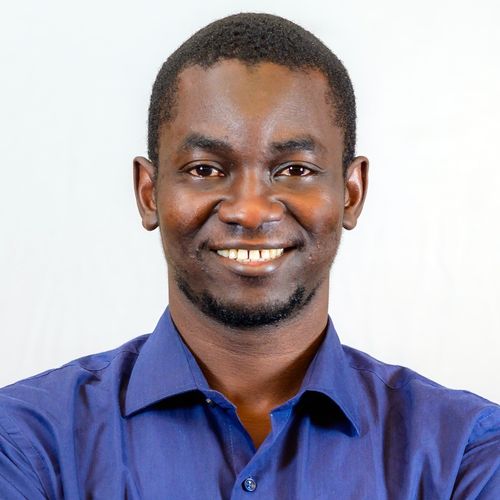About This Webinar

Diouf discusses his team’s investigations of the self-healing (self-reconstituting) capabilities of the space-time light sheet when it interacts with a partially transparent object, particularly a microtissue array of biological samples that has been identified as potentially cancerous. Specifically, they investigated the intensity profile of the space-time light sheet upon free-space propagation after it passes through biological tissues that have been classified as normal (benign), malignant, or malignant tumor stage III (spread to surrounding tissue). The different tissue responses to the light sheet can be exploited to classify samples into different categories. As the space-time light sheet travels through normal tissue, it appears to self-heal more completely than when it passes through malignant tissue. Diouf and his team believe that this is the first study to investigate reconstituting light as a technique for tissue classification. The team also investigated the speckle response of the space-time light sheet and found the light sheet to be more resistant to speckle that interferes with the resulting image than a Gaussian beam or a Bessel-Gauss beam. Diouf discusses the variety of possible applications for his team’s findings, including in bioimaging, with potential additional uses in telecommunications and optical tweezers.
***This presentation premiered during the 2022
BioPhotonics Conference. For more information on Photonics Media conferences, visit
events.photonics.com.
About the presenter

Mbaye Diouf received his doctoral degree in physics from the University of Cheikh Anta Diop (UCAD) in Dakar, Senegal, in 2017. During his doctoral studies, he received a mobility fellowship from the Engineering School of Communication of Tunis (Sup’Com) in Tunisia. In 2018, he received a scholarship from the German Academic Exchange Service (DAAD) to work at the Max Born Institute in Berlin in the C2: Solid State Light Sources division. In 2019, Diouf received a TRIL fellowship from ICTP in Trieste, Italy, to work at Elettra Synchrotron Trieste, as well as multiple travel grants to attend international conferences and workshops, such as the FiO conference in Washington D.C. and the ICO Topical Meeting on Optics and Applications for Sustainable Development in Tunis, Tunisia. In February 2020, he joined the PROBE Lab. Diouf is a member of Optica and SPIE. His research interests include nonlinear optics, optical beam shaping, multiphoton microscopy, light-sheet microscopy, pulse oximetry, and supercontinuum lasers.